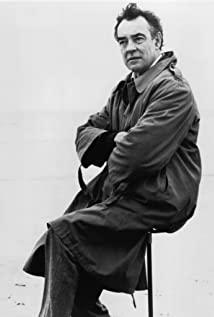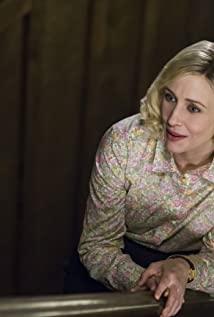Different from watching similar World War II movies about concentration camps, the director uses a small and fresh approach to tell the cruel historical reality. At the beginning of this movie, whether it is from the tone or the development of the story, I could not have imagined that the ending would be like this, although when I saw Bruno and the concentration camp children meet for the first time, it laid the groundwork for the ending of the movie, but through the The contrast between the director's lens and the color of the picture adds to the impact of the tragedy.
The duration of the film is one and a half hours. The whole movie is not wasted time to watch. The characters and personalities are contrasted. It will not cause too much confusion to the viewers. People who have seen the movie have similar thoughts, so I won’t go into details here. I just want to say that when it comes to deception, faith, and war, don’t let children become victims. If even their future is a bet, then There is no chance of turning over.
Feelings in one sentence: anti-warism, anti-racism, anti-chauvinism of all nationalities.
View more about The Boy in the Striped Pajamas reviews











